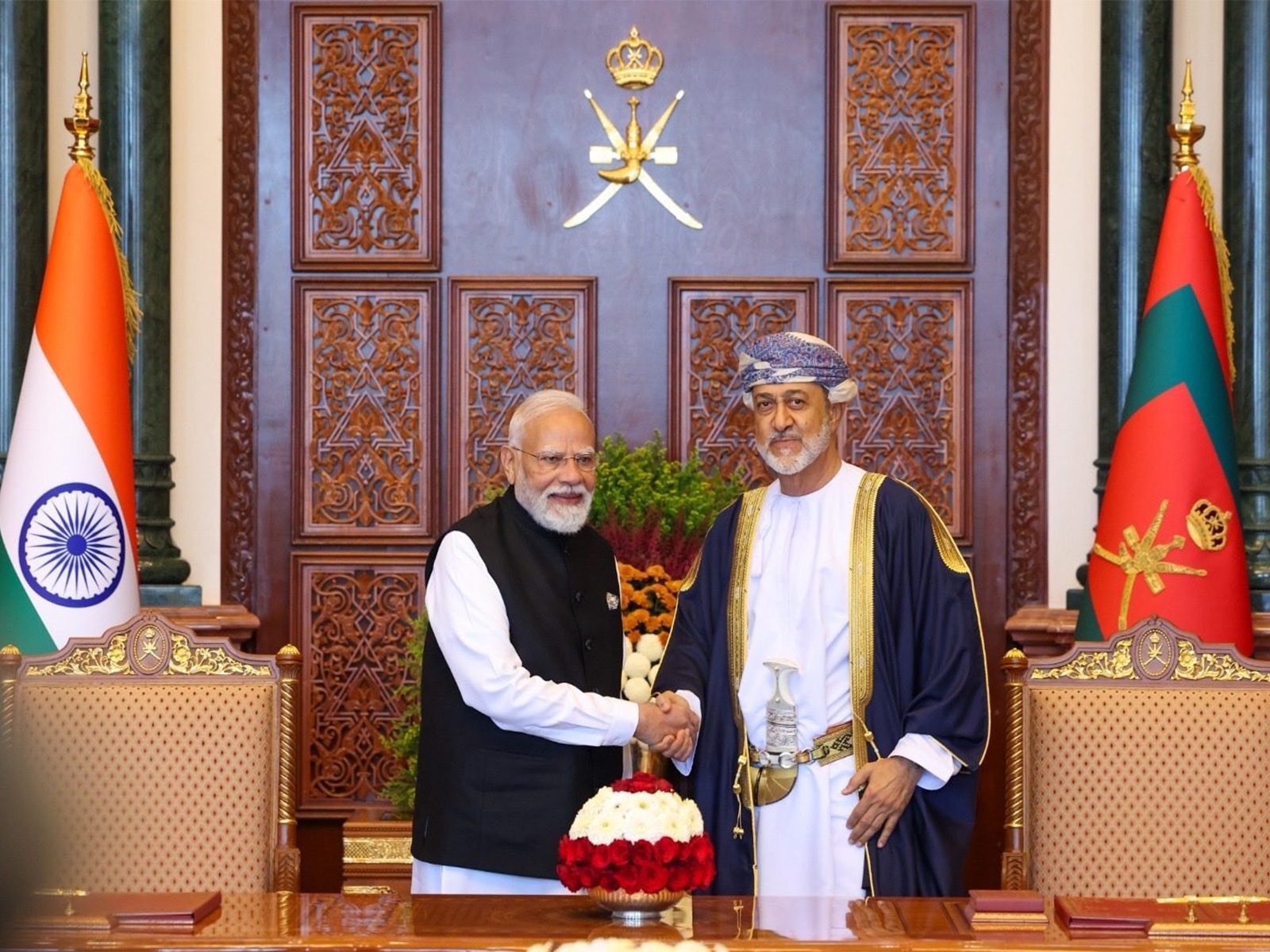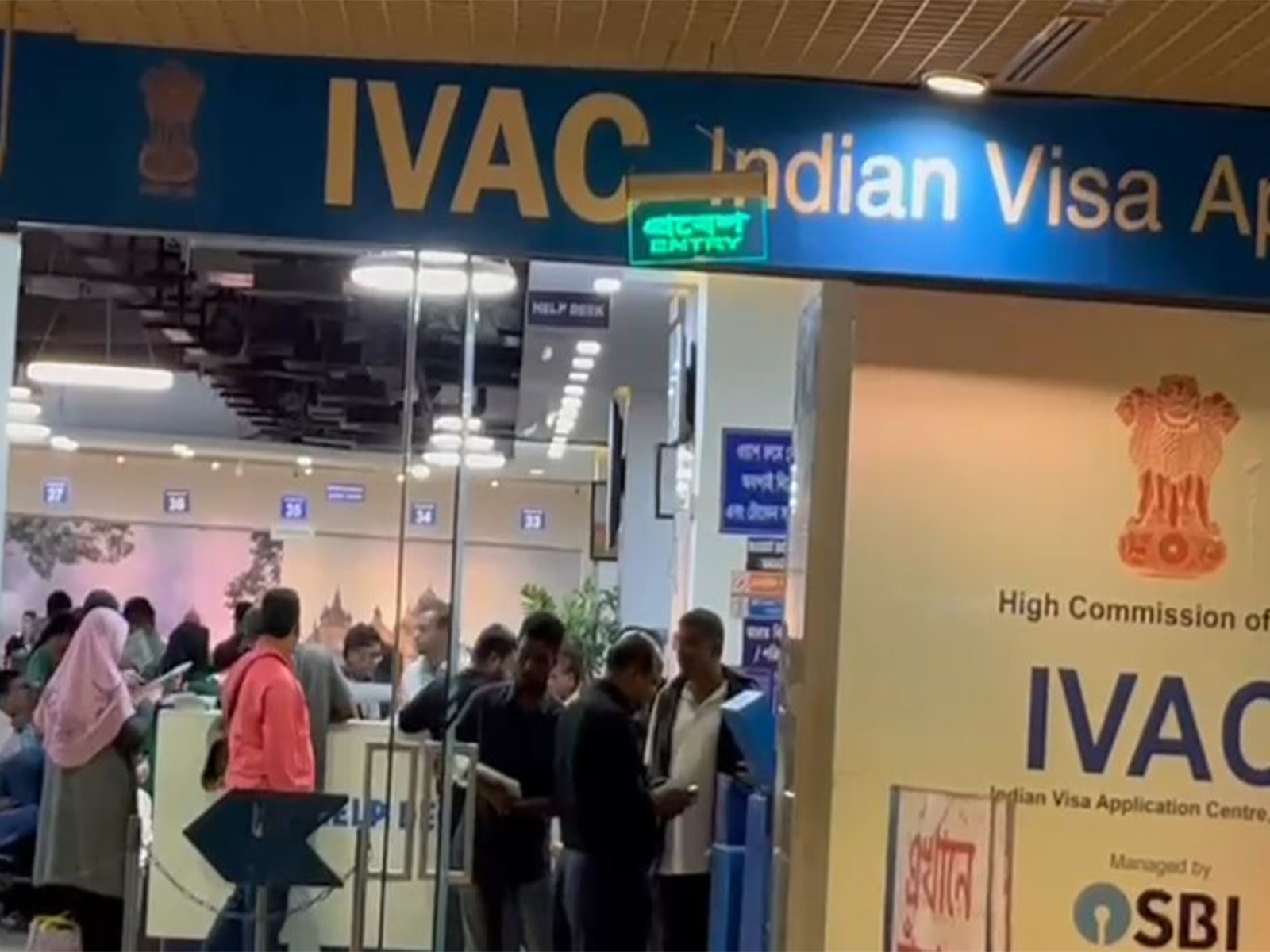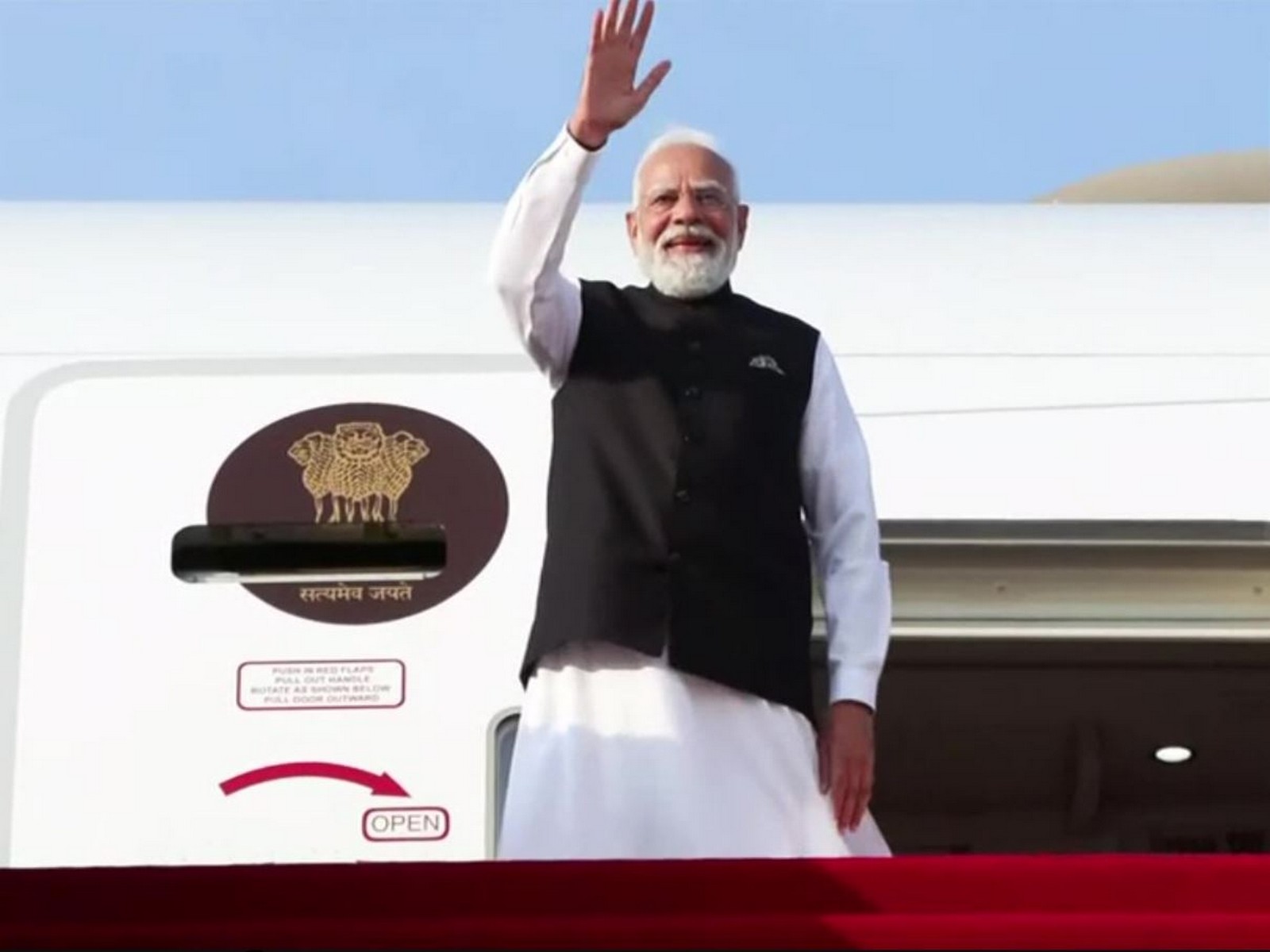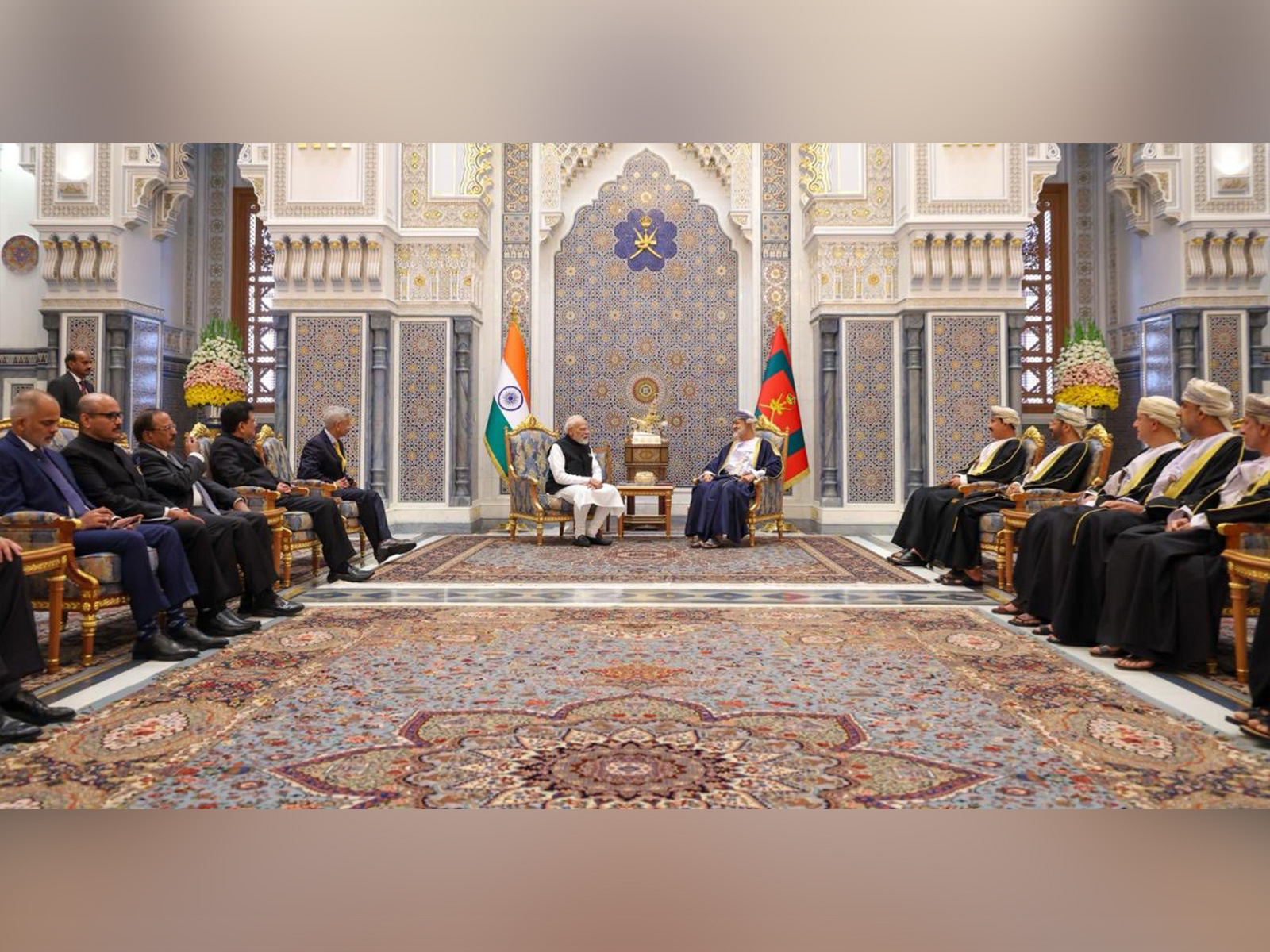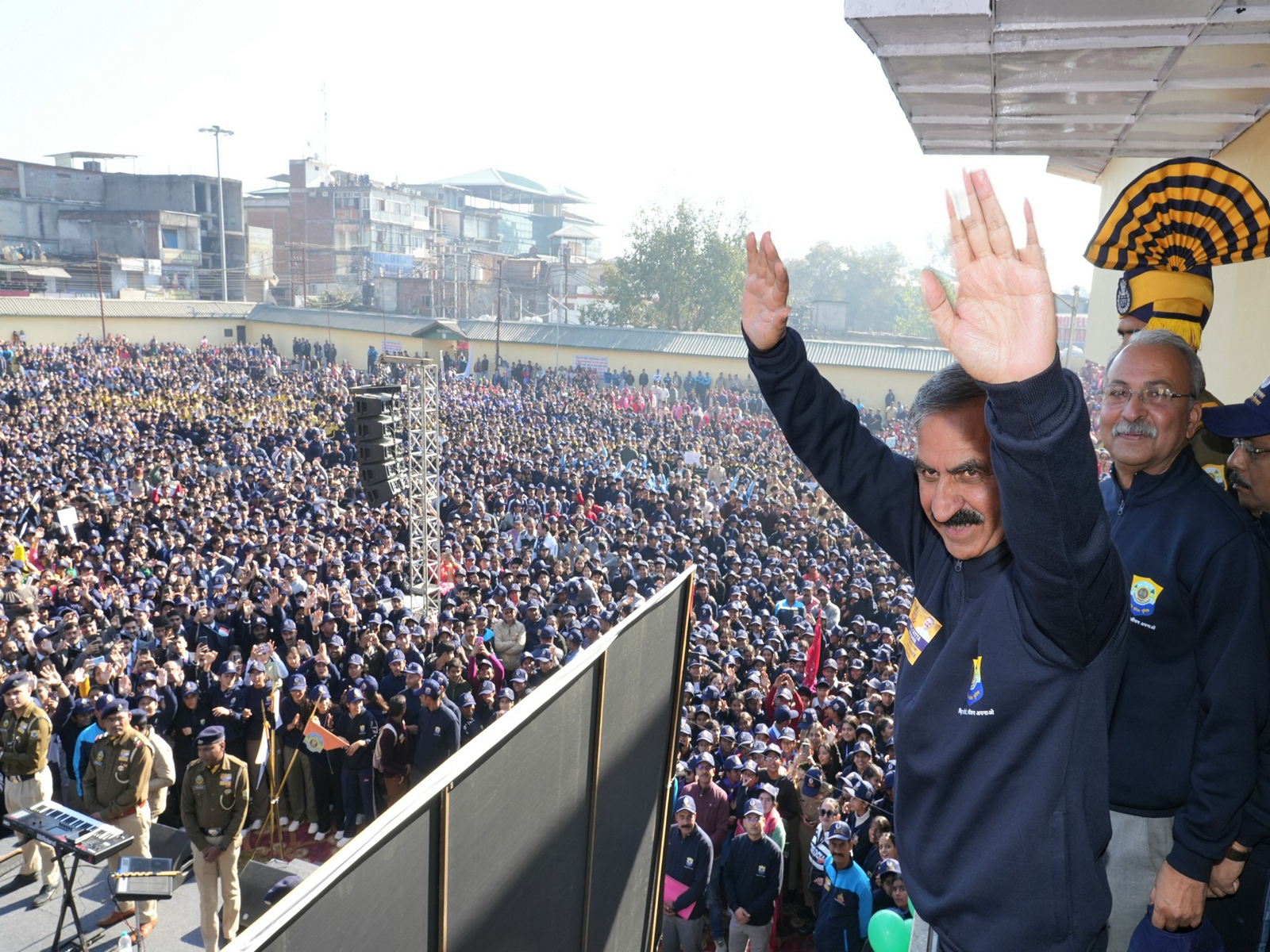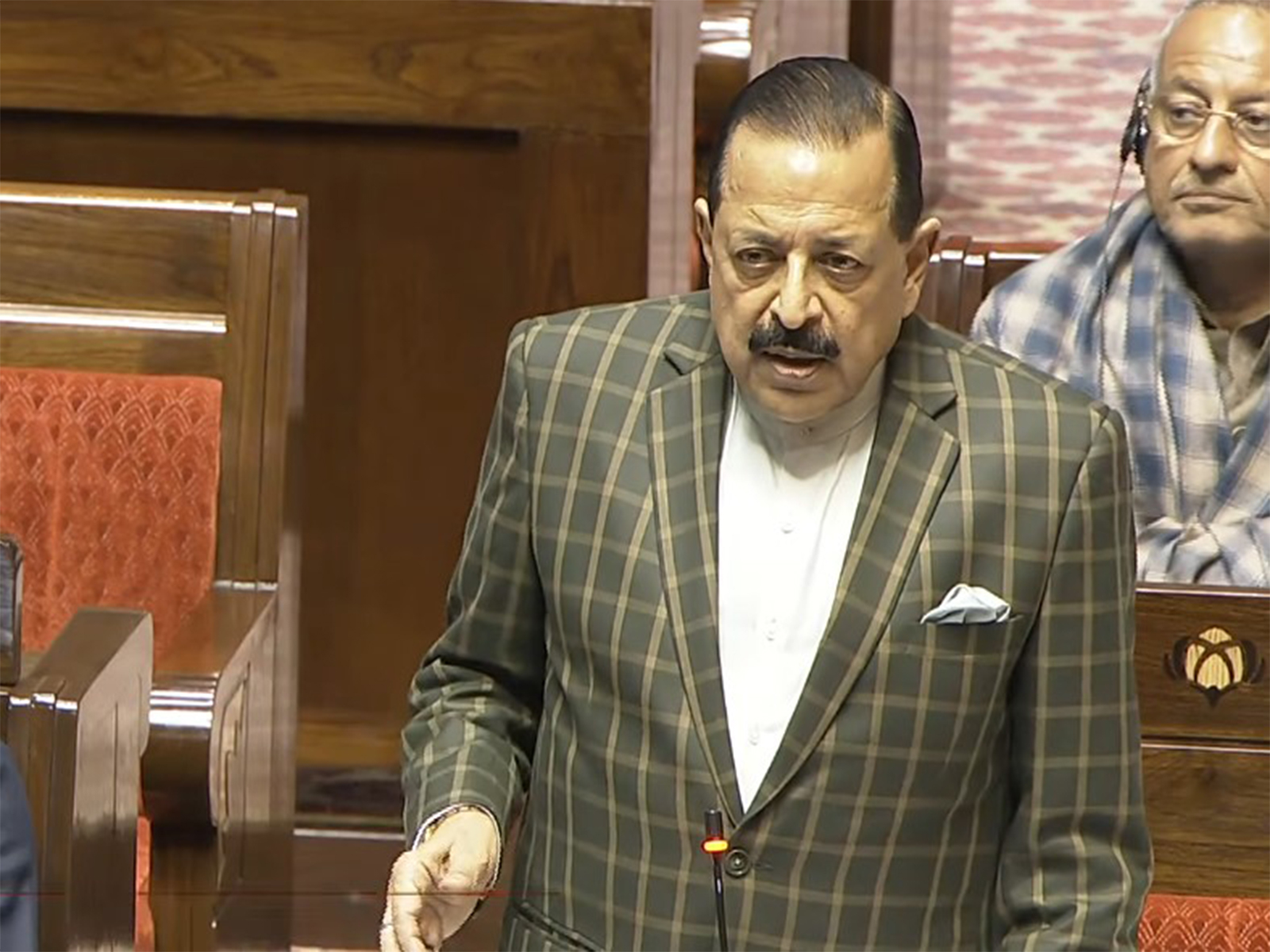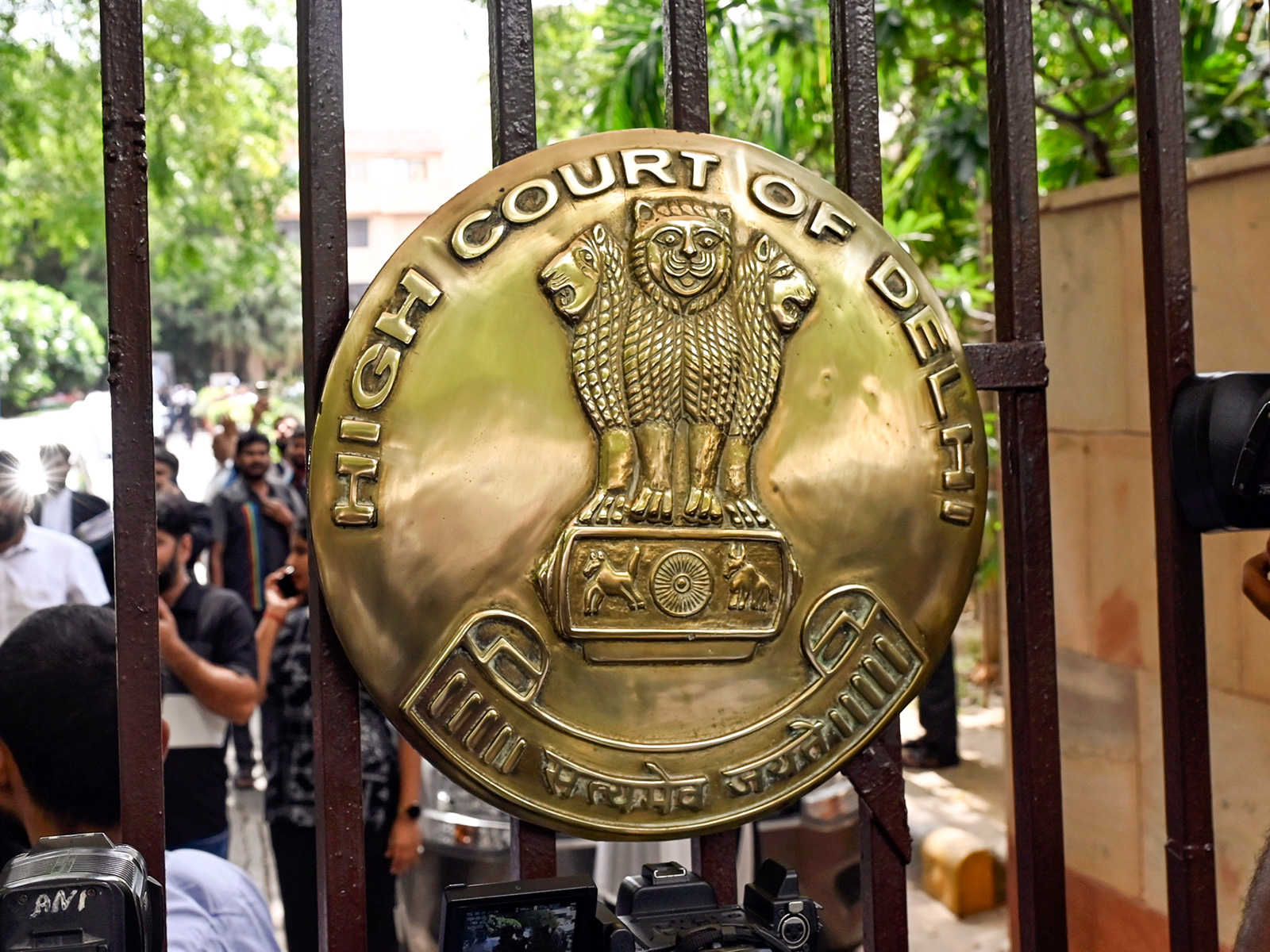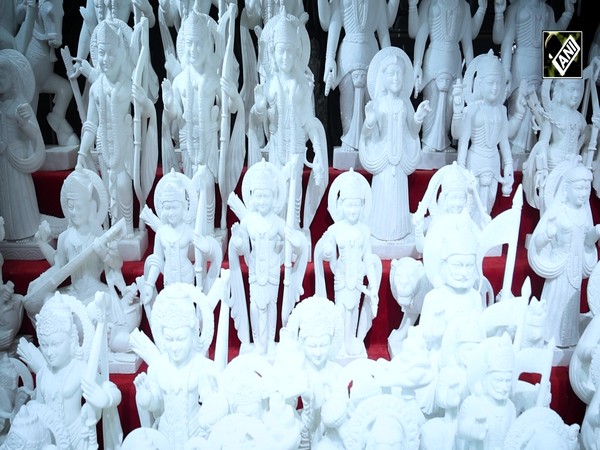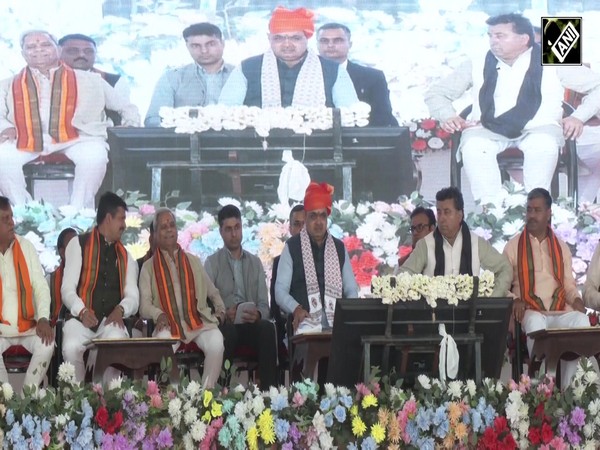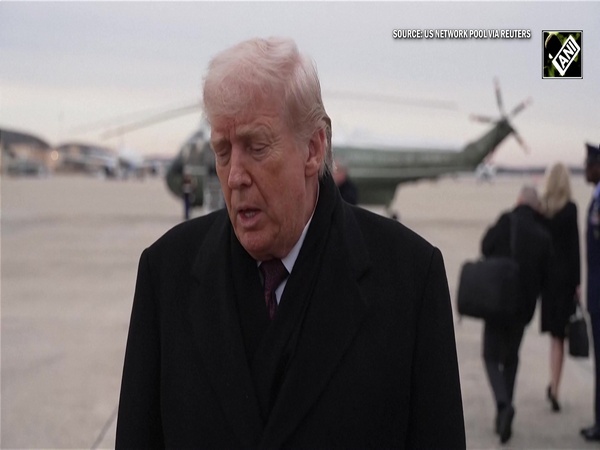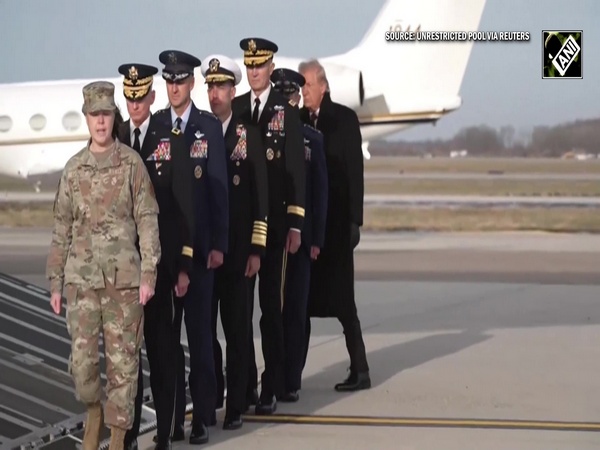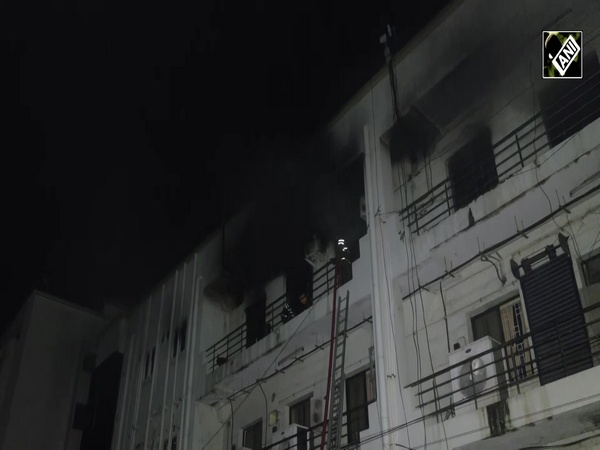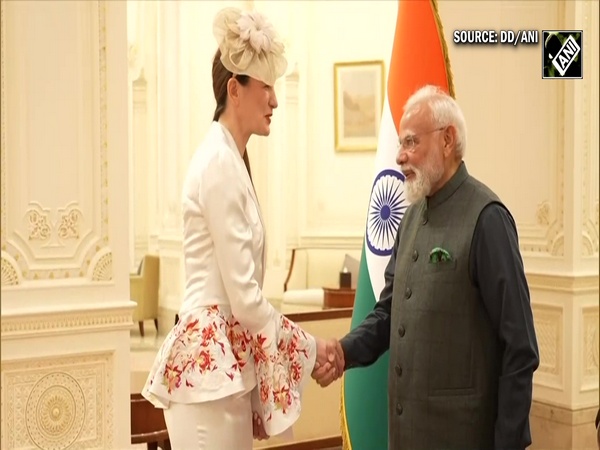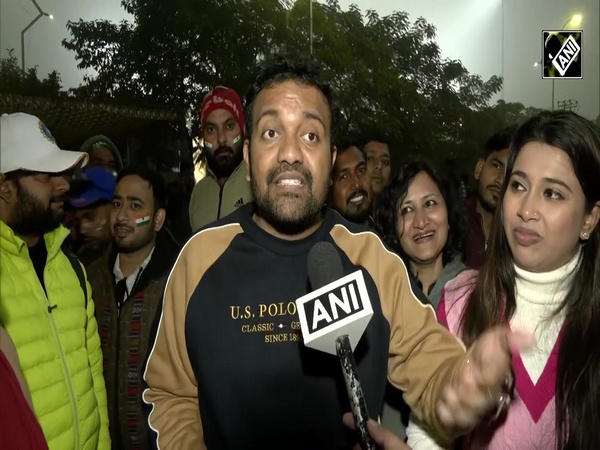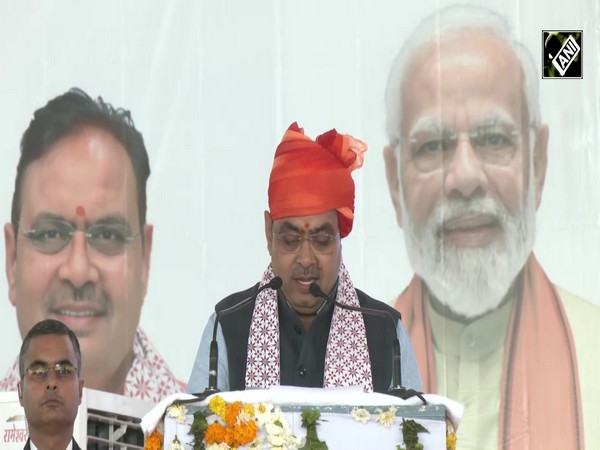Kazakhstan continues to push for nuclear disarmament
Aug 26, 2020

Nur-Sultan [Kazakhstan], August 26 : This year the world has understandably been primarily concerned with the global pandemic caused by the COVID-19 virus. It has undoubtedly been the key priority on the international agenda and an issue that all world countries had to face. At the same time, other global challenges and threats to our stability and peace have not disappeared. The Middle East remains volatile. The confrontation between the United States and China is growing. The hostility between Russia and western countries is still present. Under the current of these challenges, the threat of a nuclear war between states continues to loom large.
According to the Federation of American Scientists, nine nations currently hold 13,410 nuclear warheads, with what is thought to be 1,800 nuclear weapons on high alert for immediate use. This is enough to destroy the world several times.
While the negotiations between the US and North Korea initially looked promising, the Asian state has not taken any concrete steps to reduce its nuclear weapons stockpile. According to a US Army report, North Korea has up to 60 nuclear bombs. It is estimated that in a few years North Korea could have 100-200 nuclear warheads. Making matters worse is the situation in the Middle East, primarily Iran. After the US pulled out in 2018 from the Iranian nuclear deal, signed in 2015 by Iran and the P5+1 together with the European Union, it is no longer clear whether the deal will remain in place. This can potentially lead to a proliferation of nuclear weapons in the Middle East, a highly dangerous prospect given the ongoing threat of terrorist groups who could get access to these destructive weapons.
For these reasons, Kazakhstan continues to advocate and appeal for nuclear disarmament and a world free from nuclear weapons. No country has a stronger sustained record in opposing nuclear testing and the proliferation of nuclear weapons. This is understandable given the country's history. Kazakhstan has suffered greatly from nuclear testing during the Soviet Union, and its environment and some citizens continue to suffer from its effects.
This month, on 29 August, the world will once again mark the International Day against Nuclear Tests, and the anniversary of the decision of the First President of Kazakhstan, Nursultan Nazarbayev, to close the Semipalatinsk nuclear test site in Kazakhstan in 1991 on that date. This historic moment, as well as Nazarbayev's decision to voluntarily give up the fourth-largest nuclear arsenal in the world that Kazakhstan inherited after the fall of the Soviet Union, heralded an ongoing effort by an independent Kazakhstan to convince the world to get rid of all nuclear weapons, in order to completely remove the threat of this devastating weapon.
In 1993 Kazakhstan became a party to the Treaty on Non-Proliferation of Nuclear Weapons and was among the first to sign the Comprehensive Nuclear-Test-Ban Treaty in 1996, and subsequently ratified it in 2001. This established the foundation for Kazakhstan to confidently push for global nuclear disarmament.
In 2009, Kazakhstan, together with its neighbours, created a Nuclear Weapon Free Zone in Central Asia. Kazakhstan has urged progress on launching a similar zone in the Middle East. For this reason, Kazakhstan played an important role in the initial success of the Iranian nuclear deal by hosting two rounds of negotiations between Iran and P5+1 in 2013, as well as directly participating in the implementation of the Joint Comprehensive Plan of Action.
In addition, in 2012 Kazakhstan launched The ATOM (Abolish Testing. Our Mission) Project, an international education and advocacy campaign seeking to galvanise global public opinion against nuclear weapon testing and nuclear weapons.
More recently, the Government of Kazakhstan signed a host country agreement in 2015 with the International Atomic Energy Agency (IAEA) to establish a low-enriched uranium bank in the country to provide the world with a guaranteed supply of the fuel for civic nuclear energy. This means that for the first time, countries have the guarantee of supply of enriched uranium for their civilian nuclear reactors without increasing fears of proliferation.
Of course, there is some way to go before a world free from nuclear weapons is achieved. Nevertheless, progress has been made. For instance, in 2017 the United Nations adopted the Treaty on the Prohibition of Nuclear Weapons. This follows a Universal Declaration on the Achievement of a Nuclear-Weapon-Free World, which was adopted by the UN General Assembly in 2015 at the initiative of Kazakhstan.
A few years ago, the First President of Kazakhstan, Nursultan Nazarbayev, told the UN General Assembly that creating a world free of nuclear weapons has to be the cause of our time. He suggested that we set a goal of achieving it by the UN centenary in 2045. Having a strict deadline can certainly be effective, as it can give countries additional motivation to strive towards this objective. Some will suggest that this is wishful thinking. Indeed achieving this goal will not be easy. But by taking small yet concrete steps, the world can move towards this target and reach it within the next 25 years.
Kazakhstan and its government have proposed concrete suggestions for the achievement of this necessary goal. As one example, the First President has suggested that the United States, Russia, China and the European Union participate in a quadrilateral summit where one of the main topics on the agenda should be the development of a multilateral agreement on a phased and proportional reduction in nuclear weapons.
Certainly, the President of Kazakhstan, Kassym-Jomart Tokayev, will continue the First President's legacy in the sphere of non-proliferation and strengthening international security. During his first speech at the UN General Assembly in 2019, President Tokayev stated that achieving a nuclear-free world has become an essential part of Kazakhstan's national identity.
Despite all its efforts, Kazakhstan cannot achieve this monumental objective on its own. As the world once again observes the International Day against Nuclear Tests, let it be a reminder to all the world leaders of the dangers of nuclear weapons and why it is imperative that the international community unites in the ambition to achieve a world free from these weapons.
